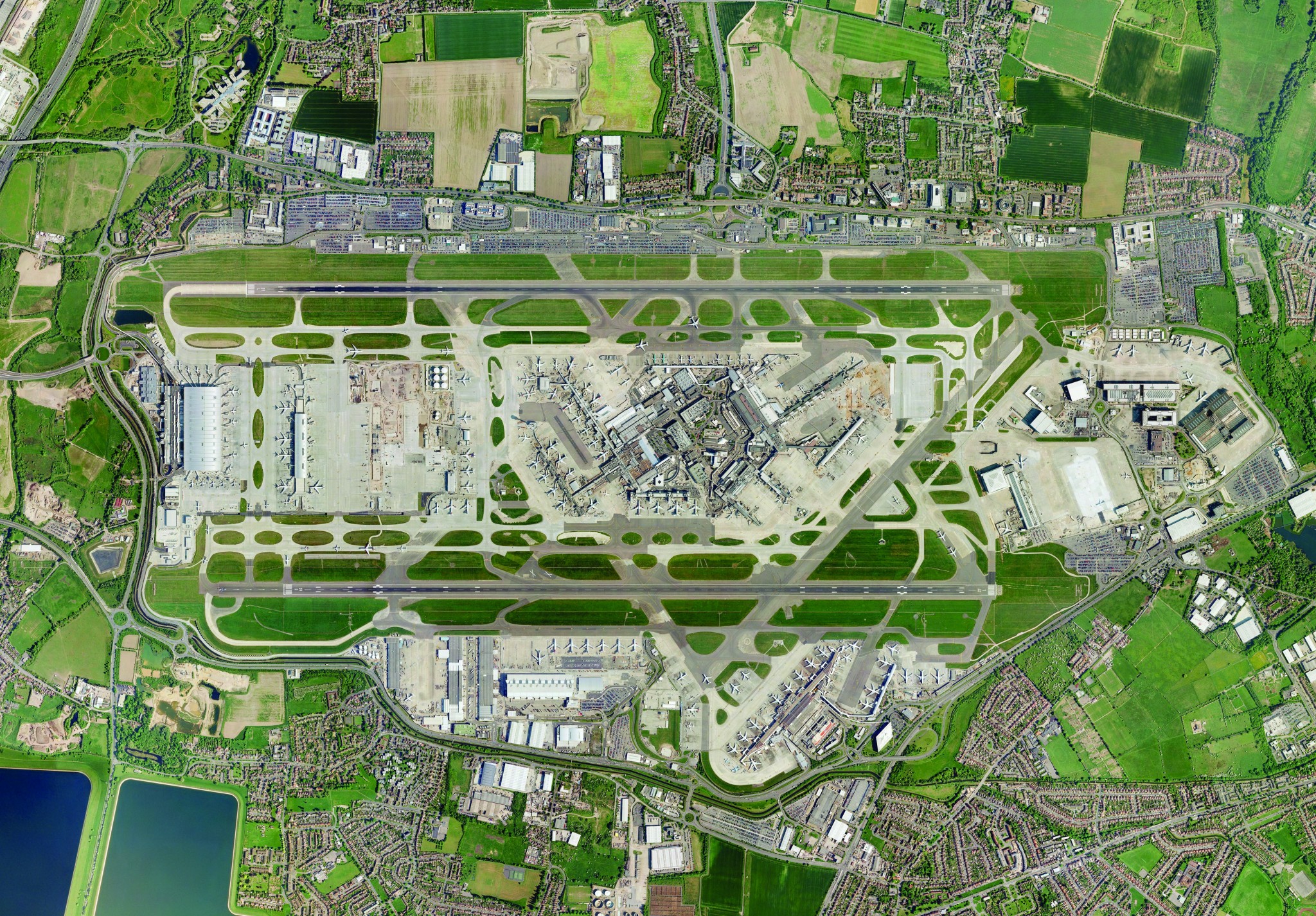Yesterday London Heathrow airport revealed that is has imposed a capacity cap to reduce delays this summer. In a public letter, CEO John Holland-Kaye, said that “the maximum number of daily departing passengers that airlines, airline ground handlers and the airport can collectively serve over the summer is no more than 100,000”. Heathrow estimates that daily departing seats over the summer will average 104,000 – giving a daily excess of 4,000 seats. Holland-Kaye said: “On average only about 1,500 of these 4,000 daily seats have currently been sold to passengers, and so we are asking our airline partners to stop selling summer tickets to limit the impact on passengers.”
Airlines have been asked to “stop selling summer tickets”; some airlines will welcome the intervention by Heathrow given the scale of disruption they are also experiencing with a lack of staff and almost daily flight cancellations, but others keen to rebuild balance sheets will decry the action by the UK’s busiest airport.
The cap has been imposed since yesterday (July 12) and will run until September 11.
Last minute airline cancellations are a global problem – with many disappointed and stranded passengers (seen first-hand while travelling this week). Airports and airlines are all driving recruitment but the summer season is here and unlikely to improve to levels required before the end of the busy period.
Holland-Kaye said: “New colleagues are learning fast but are not yet up to full speed. However, there are some critical functions in the airport which are still significantly under resourced, in particular ground handlers, who are contracted by airlines to provide check-in staff, load and unload bags and turnaround aircraft. They are doing the very best they can with the resources available and we are giving them as much support possible, but this is a significant constraint to the airport's overall capacity.”
“However, over the past few weeks, as departing passenger numbers have regularly exceeded 100,000 a day, we have started to see periods when service drops to a level that is not acceptable: long queue times, delays for passengers requiring assistance, bags not travelling with passengers or arriving late, low punctuality and last-minute cancellations. This is due to a combination of reduced arrivals punctuality (as a result of delays at other airports and in European airspace) and increased passenger numbers starting to exceed the combined capacity of airlines, airline ground handlers and the airport.”
One a personal note, Jet2 seemed to have an abundance of staff leaving Manchester airport this week, and the security queues were being adequately managed with very few staff. However, the bulk of the UK school population do not break up until mid-July so the pressure will be on airline and airports to prepare for the coming influx.)
The number of last-minute flight cancellations from the UK were up 188% in June 2022, compared to June 2019, despite scheduled flights from the country being down 23% this June, according to recent data from Cirium.
During June 2019, only 1,332 last-minute cancellations were made, out of the 198,379 UK departures – equivalent to 0.67%. During June 2022, this rose to 3,833 last-minute cancellations, out of 153,164 UK departures – equivalent to 2.5%.
Southampton Airport recorded the most last-minute cancellations last month, with 6.4% of scheduled departures being cut with less than 72 hours’ notice.
London City Airport was the second most affected, with 6.2% axed, followed by Bristol, with 4.8%.
Although Gatwick and Heathrow Airport saw the highest number of last-minute cancellations, they only accounted for 3.9% and 2.2% of scheduled flights respectively.
Bournemouth and Guernsey Airport were two of the best performers, with zero last minute cancellations during June 2022.
Average delays on departures from UK airports are up 71% in June 2022, compared to June 2019.
During June 2022, departures from Gatwick Airport record the longest delays out of UK airports – averaging 34 minutes.
Bristol Airport saw the next longest delays, with an average of 30 minutes, followed by Edinburgh (26 mins), Heathrow (25 mins) and Glasgow (21 mins).
At the other end of the scale, Land’s End and the Isles of Scilly Airport recorded no delays, while Guernsey saw an average of delay of 0.2 minutes and Southampton only 1 minute.

